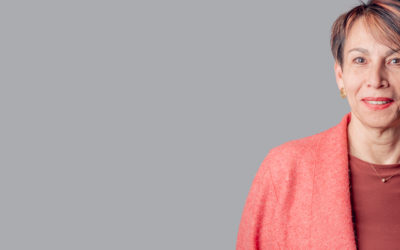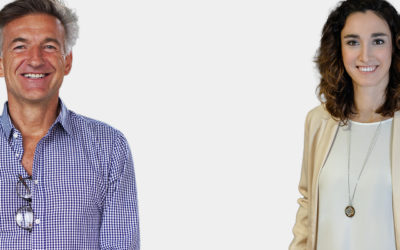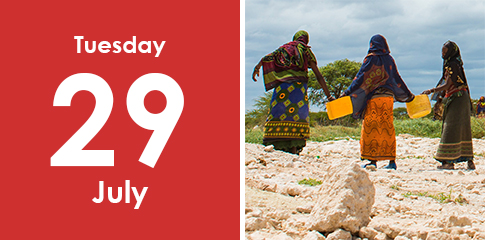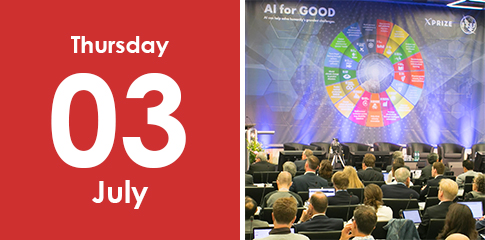Davide Rodogno is an International History and Politics professor and Head of the Interdisciplinary Programme at the Geneva Graduate Institute. He is also the Academic Advisor of our Executive Programme on Advocacy in International Affairs and the Executive Course on Diversity, Inclusion and the Issue of Racism.
We asked him a few questions about his expertise in our Executive Education programmes at the Institute.
You have been directing the Advocacy programme since 2016. How have the concept and professional practice of advocacy evolved over the years? What are the new challenges for advocates?
I would say they greatly varied and evolved during the last 15-20 years. The term advocacy gained its currency relatively recently. Our CAS could not have been taught 15-20 years ago for lack of scholarly writings. The practice is, of course, ancient, think about the abolitionists in the 18th century, but the concept is broad and means different things to different people today. Take, for instance, the overlap (or lack thereof) with the term ‘lobby’ in some places around the world. As to the practices – I use the plural since I believe there are many kinds of advocacy – they are multifarious, heterogeneous and hard to map out. The malleability of the concept, the multiplicity of the practices and of who is (or claims to be) an advocate make this CAS extremely challenging to teach. And, par ricochet, it is a challenge for an advocate to be one when you know that civil society actors, NGOs, philanthropic foundations, businesses (and the private sector writ large), governments and intergovernmental organizations advocate. Simple questions like who, why, how, when, and where constantly change. The advocate has to adapt fast, and if the why (the purpose) of advocacy might remain unchanged, all the rest might be dropped and replaced by new practices involving new interlocutors, finding new platforms – virtual or real.
You are also an expert on diversity, and you recently launched with Professor Mohamedou our short course on Diversity, Inclusion and the Issue of Racism. Can you tell us more about it?
This is a course Mahmoud and I care a lot about. The Diversity, Inclusion and Equity issue is crucial to us, and our commitment goes beyond our academic interest in this subject. It is part of our civic engagement. We endeavour to demonstrate that without engaging with the problem of racism, one – might it be an academic institution, a business or the United Nations – can set up politically correct diversity and inclusive policies, they will remain a facade, shallow and mostly useless. They will not address the issue at stake; but rather conceal the problem: like gangrene, the problem of racism will continue to proliferate. This is how we teach this course and engage with participants from different backgrounds or working in the public or private sector for civil society institutions, NGOs, philanthropic foundations or international organizations, from UN agencies to the ICRC. We discuss, compare and contrast diversity, inclusion, and equity policies or their absence, but we address the issue of racism around which they (should) revolve around.
Last but not least, in your opinion and based on your experience, why should a professional take an Executive Education course with us?
Executive Education at the Institute is a unique learning experience. Combining our academic expertise with guest practitioners is an original, stimulating and fruitful way for professionals to deepen their knowledge, acquire new skills, and consolidate, update or change their views. Our educational programmes should be considered if one wishes to remain in the same business; it is equally profitable for those considering new professional experiences. The practitioners we select do not speak “la langue de bois”; they are carefully selected because of their ability to reflect on what, how and why they (and the institutions they represent) do. Regarding the more academic part of our executive education, we insist on fostering analytical and critical, independent thinking.
***
Want to learn more about our Executive Programmes? Visit our website.









0 Comments